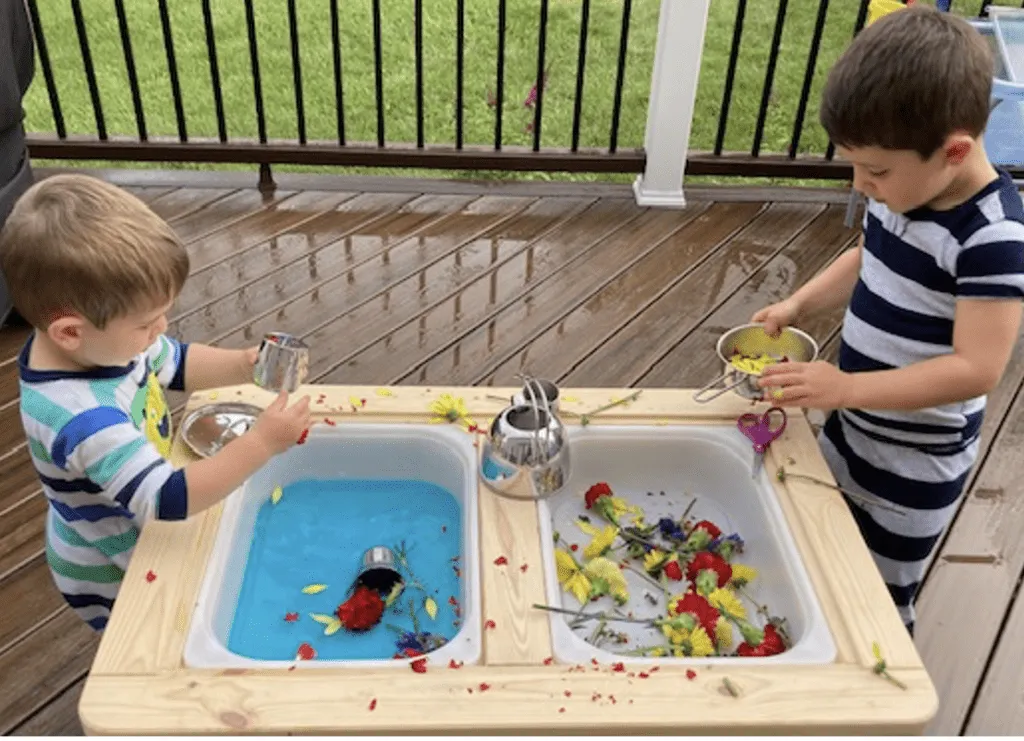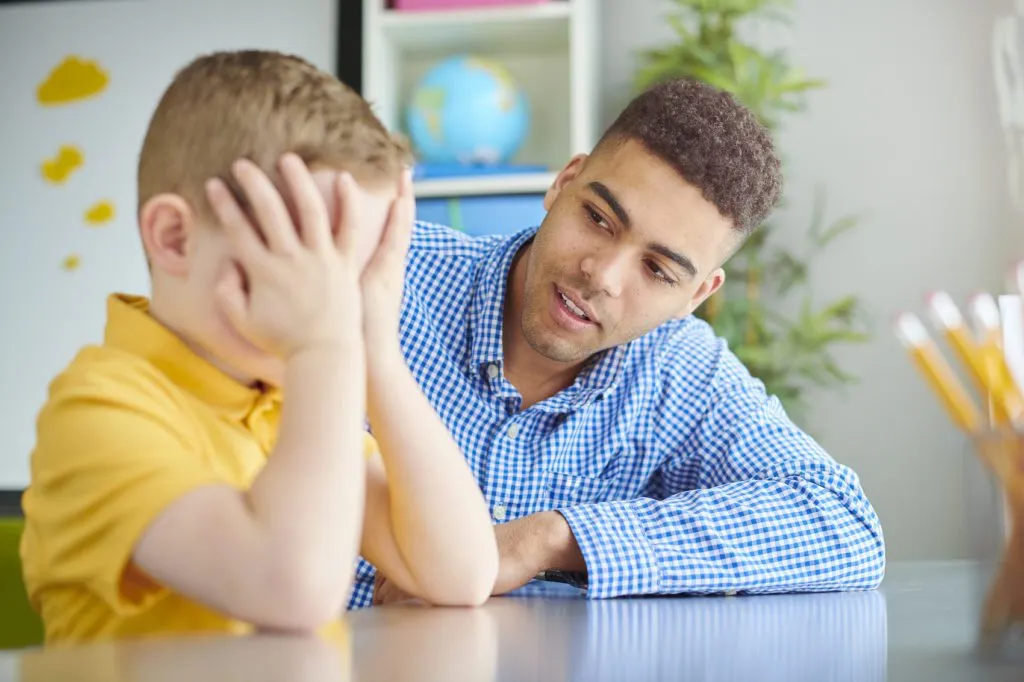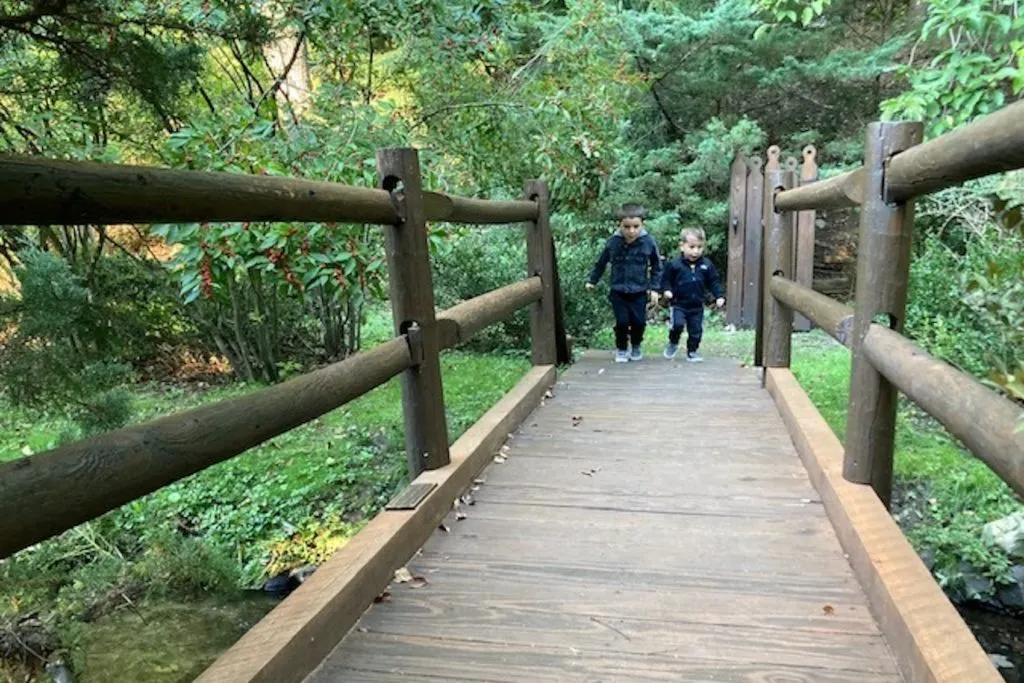Why I Don’t Tell Children “Say You’re Sorry” Anymore

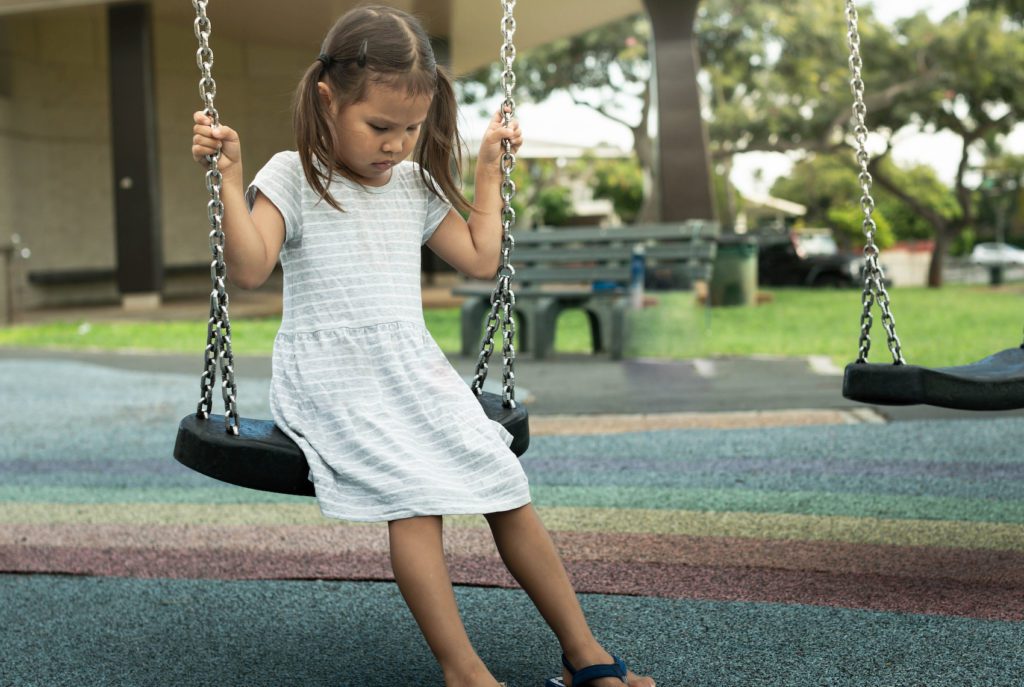
“What do you say?” asks the well-meaning adult, as the child weighs the current circumstances and decides between the only two acceptable responses: is this a case for “thank you,” or is it more of a “sorry” situation?
I’ve seen children respond with one choice or the other in such a way that you know they’re not quite certain if they have judged the situation correctly. Sometimes, the response comes out like “Thank you?,” as if to say, “I’m guessing this is a case where I’m supposed to express gratitude for something.”
Similarly, the child who responds with a tentative “Umm… sorry?” has figured out that they’ve committed an act that someone else deems apology-worthy, regardless of whether they themself saw it that way.
Why do we do this to children? Why do we make them guess our expectations of them?
Moreover, why do we force children to “say you’re sorry” without making sure that the apologizing child understands the significance of their actions or that the other person’s hurt could be soothed by hearing “sorry”—or, even worse, “I said I’m sorry!”?
Here’s What Children Do Understand
As a first grade teacher, I introduced children to the William Carlos Williams poem “This Is Just To Say.” The poem is quite short. It doesn’t rhyme. And it’s nearly a hundred years old. But children love it.
In it, the narrator of the poem apologizes for having “eaten the plums that were in the icebox and which you were probably saving for breakfast.” He then goes on to say, “Forgive me,” and admit, “They were delicious.” It turns out that children understand the idea of apologizing for something that they’re not actually sorry they did.
After reading and talking about “This Is Just To Say,” I would ask the children to write their own poems about times when they asked for forgiveness (often under duress) for something they were secretly glad they had done. Rarely did the verse flow so freely from their No. 2 pencils. This idea of forced, fake regret was a topic they could relate to.
The fact that a master of American poetry thought it a worthy topic only goes to show that we can all relate to it, regardless of our age.
More Than a “Sorry”
Apologies are nice, and, as an adult, I know how to offer and how to accept a genuine appeal for forgiveness. But far more important (and effective!) than requesting children say “sorry” is helping them build the social–emotional skills they need to work through conflicts and the cognitive skills necessary to plan for ways to avoid conflict.
Instead of prompting a child to immediately “say you’re sorry” when a conflict arises, I will instead ask them to explain their role in the conflict and how they feel about it. I will ask how they think the other child or children involved feel. I will also ask what they hope will happen next.
In this way, I am establishing a crucial early concept for social-emotional learning: actions have consequences, both physical and emotional. And something always happens next.
When we examine the progression for Objective 2b, “Responds to emotional cues,” we are reminded of how long it takes children to be developmentally able to take another’s perspective. The ability to recognize that others’ feelings may be different from one’s own is not a widely held expectation for children until at least kindergarten. So this question of “How do you think they feel?” may not yield the answers you are hoping for, but in asking it, you are letting children know that every person does in fact have their own feelings, which are deserving of more than an adult-prompted “sorry.”
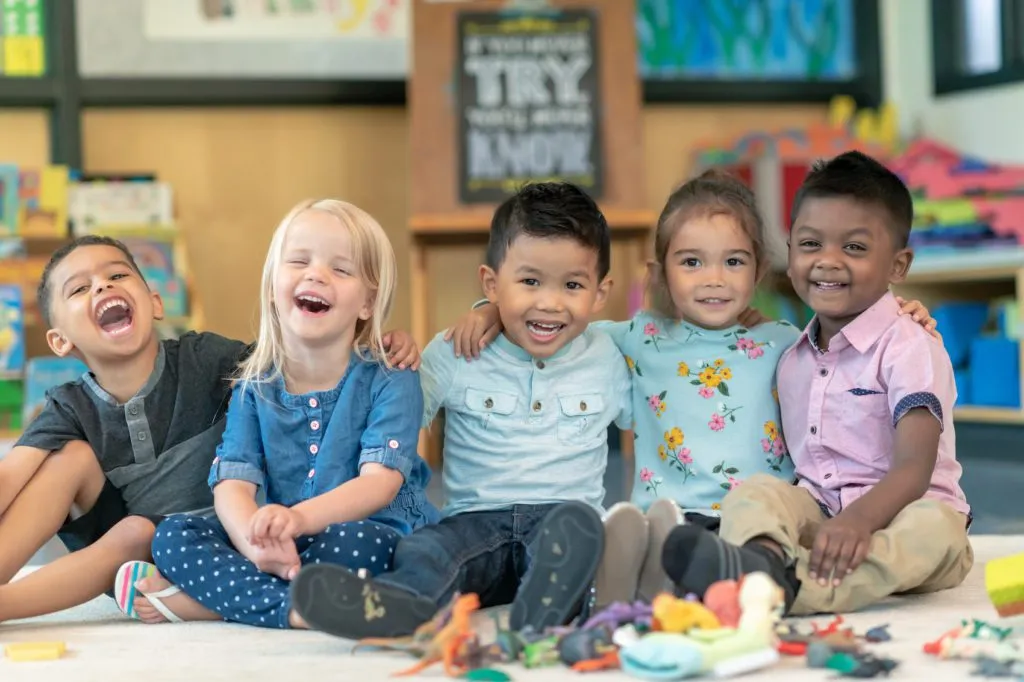
Build the foundation children need for success in school and in life
Al’s Pals provides young children with the skills to prepare for life’s challenges through interactive lessons, engaging puppets, original music, and impactful teaching approaches.
